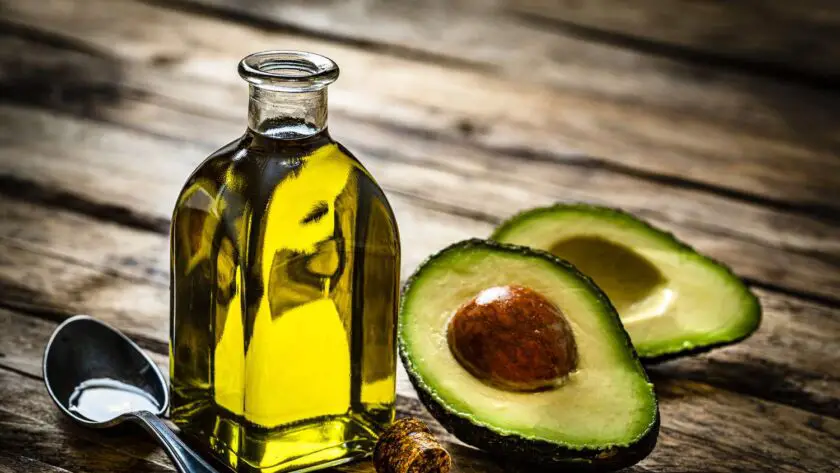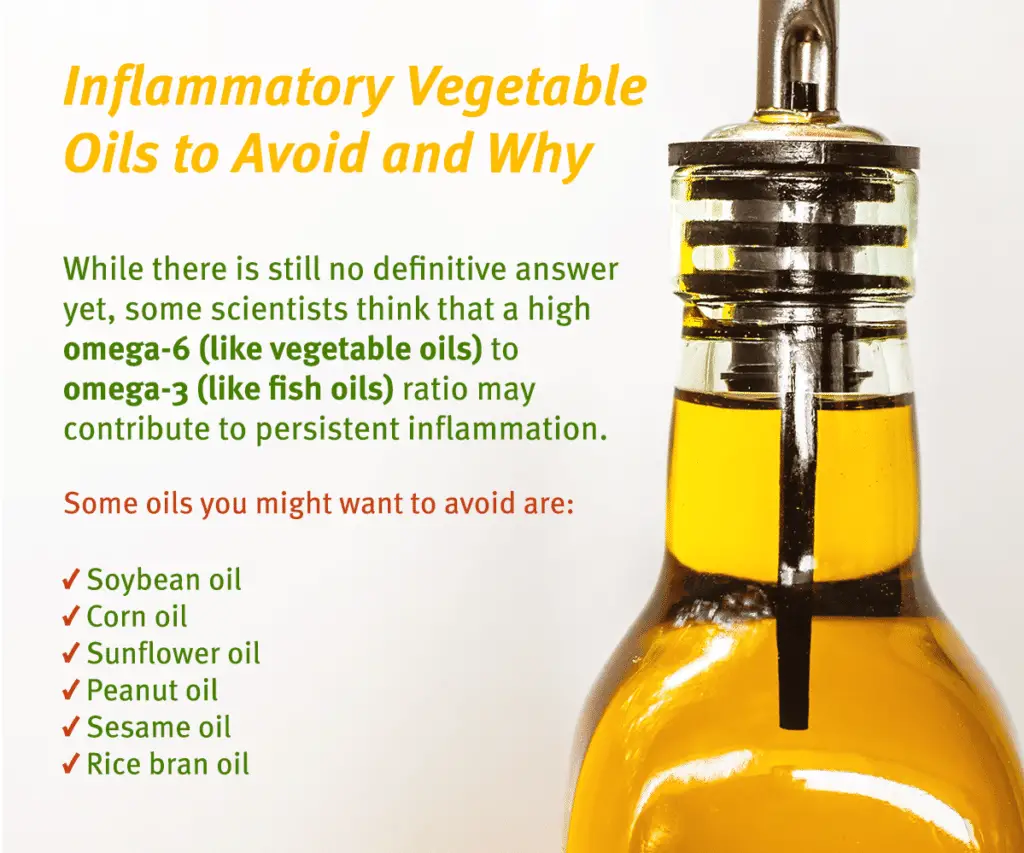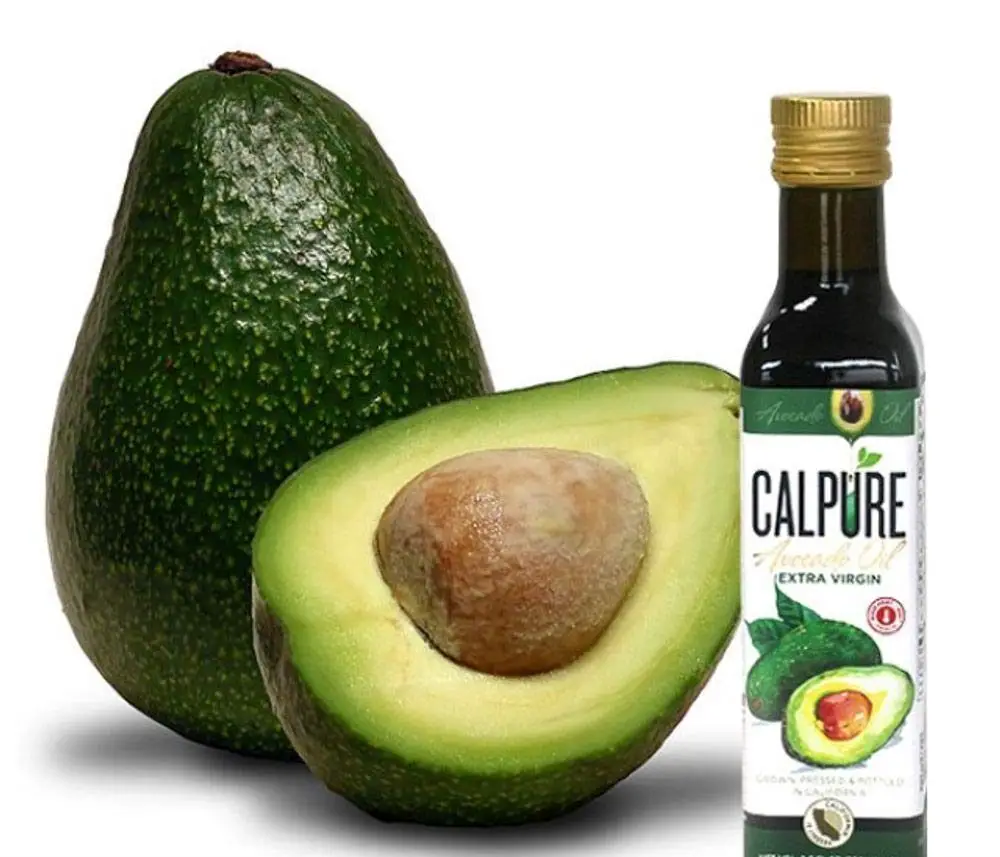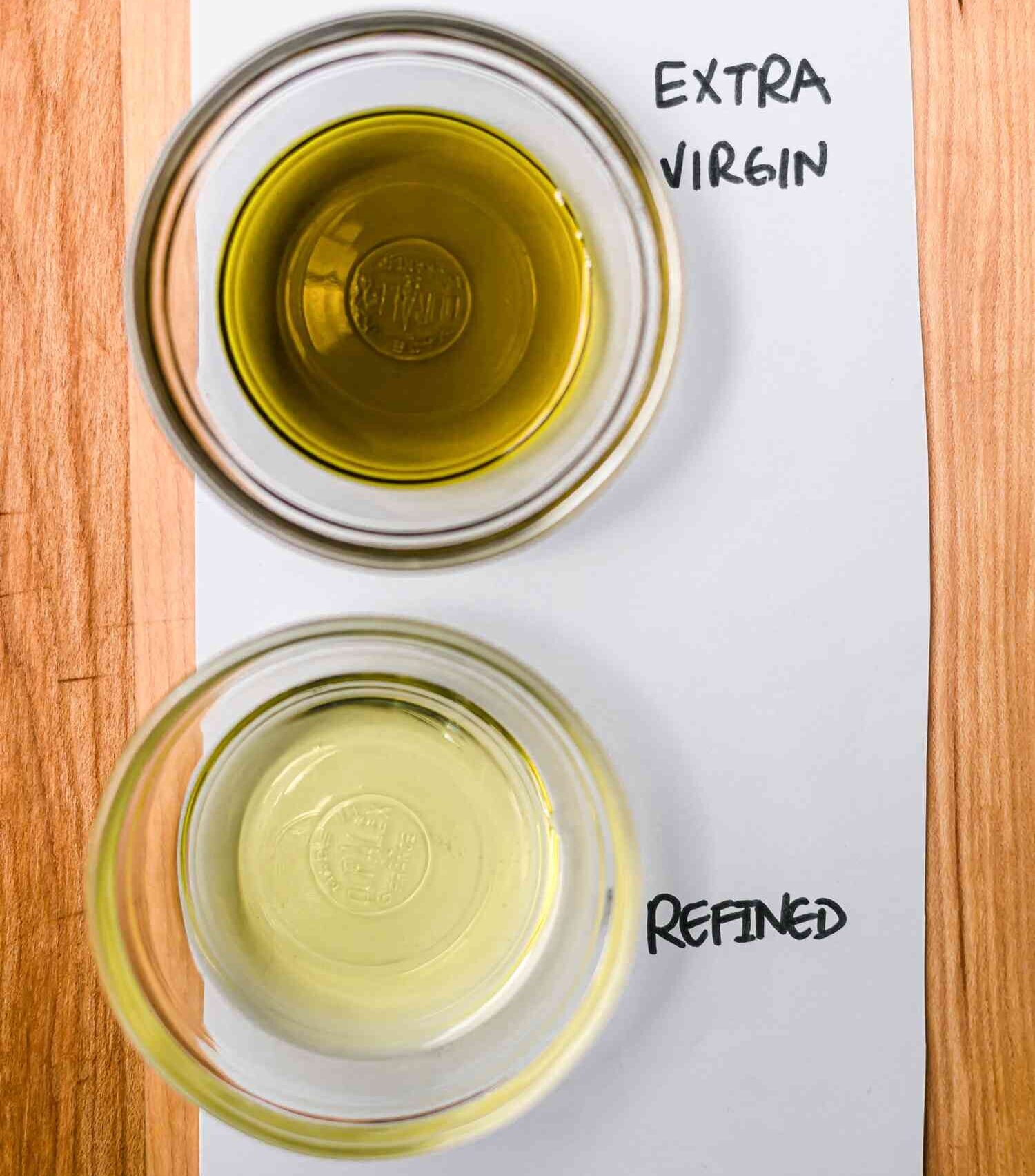The avocado has been hot on the rise since the 1950’s, and with many people becoming more health conscious, it’s no wonder that avocado oil has become the “healthy go-to” for sautes, marinades, and even salad dressings. A good-quality avocado oil can provide you with healthy fats that help lower bad cholesterol levels. It also contains antioxidants and anti-inflammatory compounds to improve the look of skin, protect against free radicals, support joint health, and improve cognitive function. It even contains two important carotenoids that are known to protect the eyes from age-related damage and reduce the risk of developing cataracts and macular degeneration. But a recent study has found that at least 82 percent of bottled avocado oils were either stale before expiration date or mixed with other oils. In three cases, bottles labeled as “pure” or “extra virgin” contained near 100 percent soybean oil, an oil commonly used in processed foods that’s much less expensive to produce and extremely unhealthy.
“Most people who buy avocado oil are interested in the health benefits, as well as the mild, fresh flavor, and are willing to pay more for the product. But because there are no standards to determine if an avocado oil is of the quality and purity advertised, no one is regulating false or misleading labels. These findings highlight the urgent need for standards to protect consumers and establish a level playing field to support the continuing growth of the avocado oil industry.” said Selina Wang, Cooperative Extension specialist in the Department of Food Science and Technology, who led the study recently published in the journal Food Control.
The study included all the brands they could find in local stores and online. In addition to testing commercial brands, they also bought avocados and extracted our own oil in the lab, so they knew chemically, what pure avocado oil looked like. Test samples included oils of various prices, some labeled extra virgin or refined. Virgin oil is supposed to be extracted from fresh fruit using only mechanical means, and refined oil is processed with heat or chemicals to remove any flaws.
Fifteen of the samples were oxidized before the expiration date. Oil loses its flavor and health benefits when it oxidizes, which happens over time and when exposed to too much light, heat or air. Six samples were mixed with large amounts of other oils, including sunflower, safflower and soybean oil.
Only two brands of Avocado Oil produced samples that were pure and non-oxidized.
Those were Chosen Foods and Marianne’s Avocado Oil, both refined avocado oils made in Mexico. Among the virgin grades, CalPure produced in California was pure and fresher than the other samples in the same grade. Since avocado oil is relatively new on the scene, the Food and Drug Administration has not yet adopted “standards of identity,” which are basic food standards designed to protect consumers from being cheated by inferior products or confused by misleading labels. Without standards, the FDA has no means to regulate avocado oil quality and authenticity.
Honey, spices and ground coffee are also not regulated by the FDA.
Tips for Consumers for Buying Avocado Oil
- Cheap is not typically good. Good is not typically cheap.
- Authentic, fresh, virgin avocado oil typically tastes grassy, buttery and a little bit like mushrooms, but flavors can vary depending on region.
- Virgin avocado oil should be green in color, whereas refined avocado oil is light yellow and almost clear due to the pigments removed during refining.
- Even good oil becomes rancid with time. It’s important to purchase a reasonable size that can be finished before the oil oxidizes. Store the oil away from light and heat. A cool, dark cabinet is a good choice, rather than next to the stove.
- Oil that is rancid will start to smell stale, sort of like play dough.
- When possible, choose an oil that’s closest to the harvest/production time to ensure maximum freshness. The “best before date” is not always a reliable indicator of quality.
The #1 Healthiest Recommended Cooking Oil:
Beef tallow, rendered from beef fat, is gaining popularity as a cooking oil due to its impressive health benefits. Rich in vitamins A, D, E, and K, tallow supports immune function, skin health, and bone strength. Its high smoke point makes it ideal for frying and sautéing, reducing the formation of harmful free radicals. Unlike many vegetable oils, tallow contains a balanced ratio of omega-3 to omega-6 fatty acids, which helps to reduce inflammation. Furthermore, it is a stable saturated fat, meaning it doesn’t oxidize easily, preserving its nutritional integrity even at high temperatures. Using beef tallow in cooking not only enhances flavor but also contributes to a nutrient-dense diet.
I get my beef tallow from Paleovalley.com, click here to get 15% off your order.







